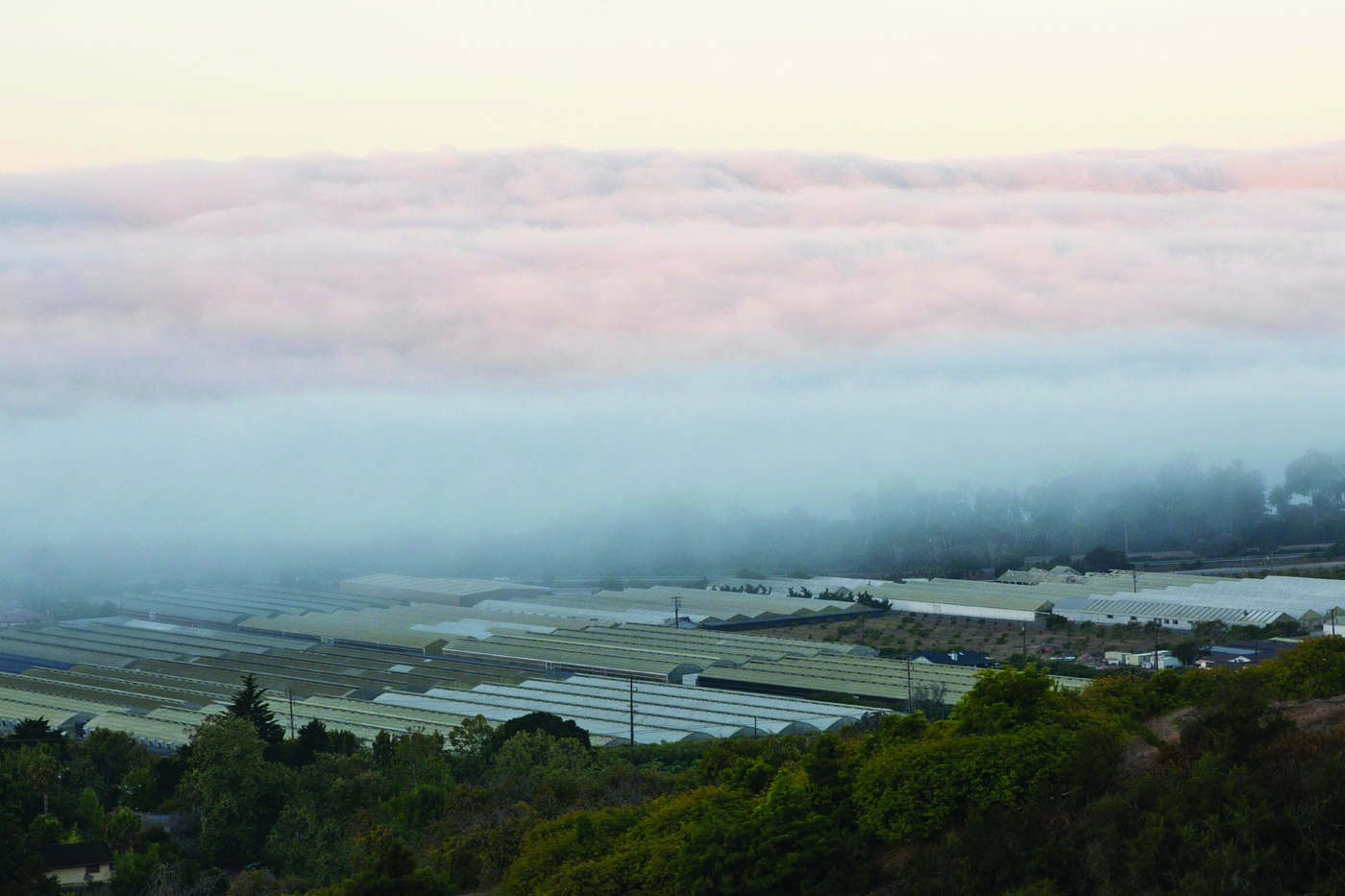Some estimates indicate that up to 70% of marijuana used in the United States comes from California. With the recent passage of Proposition 64, California cannabis production is likely to increase, and the state’s environmental regulators will have the significant responsibilities of overseeing the cultivation, manufacturing and distribution of cannabis products.
California became the first state to legalize medical marijuana with the passage of Prop 215 in 1996. Twenty years later, the Medical Marijuana Regulation and Safety Act (MMRSA) became law and sought to improve regulation of the medical marijuana industry. These reforms involved strengthening California’s oversight and management of the environmental impacts of cannabis cultivation.
Prop 64, which legalizes the recreational use of marijuana, builds on the MMRSA’s framework of environmental oversight. The two measures will result in regulations regarding water use, air and water quality, pesticides, chemicals, waste discharges, energy, wildlife and natural resources, all of which will impact cannabis businesses.
Environmental Regulations
As part of the MMRSA, the State Water Resources Control Board (SWRCB), Department of Pesticide Regulation (DPR) and Department of Fish and Wildlife (DFW) are required to set limits on pesticide use, identify and register water diversions, and create a mechanism to protect water and wildlife. Prop 64 compels recreational operators to comply with the existing MMRSA environmental regulatory framework and builds on those requirements. Growers of marijuana for recreational use will need to secure cultivation licenses. The licensing program will begin in 2018 and will be managed by the Bureau of Marijuana Control.
Water and Cannabis
In the next two years, recreational cannabis business owners should expect to see significant regulation of water use, water quality and waste discharges. Right now, these appear to be the primary environmental objectives of the new law and regulatory efforts. The MMRSA and Prop 64 will require growers to detail the legal sources of water for their operations. Licenses can be denied or later revoked if the cultivator fails to protect instream flow and water quality.
The Department of Food and Agriculture is required to work with the SWRCB and DFW to develop regulations to “ensure that individual and cumulative effects of water diversion and discharge associated with cultivation do not affect the instream flows needed for fish spawning, migration, and rearing, and the flows needed to maintain natural flow variability, and to otherwise protect fish, wildlife, fish and wildlife habitat, and water quality.” Already, the SWRCB and certain regional water quality control boards (including the North Coast and Central Valley) have developed waste discharge regulations for cultivators.
The marijuana licensing authority will develop regulations requiring growers, manufacturers, distributors and retailers to comply with state and federal environmental laws, including the Clean Water Act and the Porter-Cologne Water Quality Control Act, among others. In addition to the water supply and quality regulations impacting growers, cannabis manufacturers and distributors will have to comply with California’s storm water permit requirements (both as part of construction and later operations), waste discharge requirements and other water quality regulations.
Environmental Regulations and Enforcement
As expected, cannabis cultivation, manufacturing and distribution will be subject to the full panoply of state and local environmental laws and regulations, including the California Environmental Quality Act. Compliance with DFW requirements, including streambed alteration agreements, will also be required. All cannabis operators in the retail and distribution chain will need to be mindful of Proposition 65, which regulates substances that cause cancer; marijuana smoke was added to the Prop 65 list in 2009. Cannabis product manufacturers should also be mindful that certain food additives may also implicate Prop 65 warning requirements.
Business owners can expect inspections and — as the regulatory program develops — possible enforcement regarding situations of non-compliance. Statements by the North Coast Regional Water Quality Control Board, for example, suggest that a “progressive” enforcement approach will utilize limited resources efficiently and effectively. As such, enforcement activities could proceed very informally (for example, phone calls to alert growers/operators to certain issues) or more formal tactics such as the issuance of administrative civil liability complaints.
A multi-agency task force to address environmental harm from current cultivation operations will be made permanent. Also, we would expect that district attorneys’ offices will become aware and possibly active from an environmental compliance and enforcement perspective, and could prosecute enforcement actions under a variety of laws.
Conclusion
Marijuana growers, manufacturers, distributors and retailers should be aware that Prop 64 and the MMRSA have only strengthened environmental regulation of cannabis operations. We encourage cannabis businesses to address environmental issues as soon as possible to avoid scrutiny or enforcement from environmental regulators and citizen groups.
Sarah Bell and Robert “Buzz” Hines are partners based in the San Francisco office of Farella Braun + Martel LLP. Bell (sbell@fbm.com) focuses her practice on environmental and natural resources litigation and counseling. Hines (rhines@fbm.com) is chairman of the firm’s Air Quality and Climate Change Group.
[contextly_auto_sidebar]






